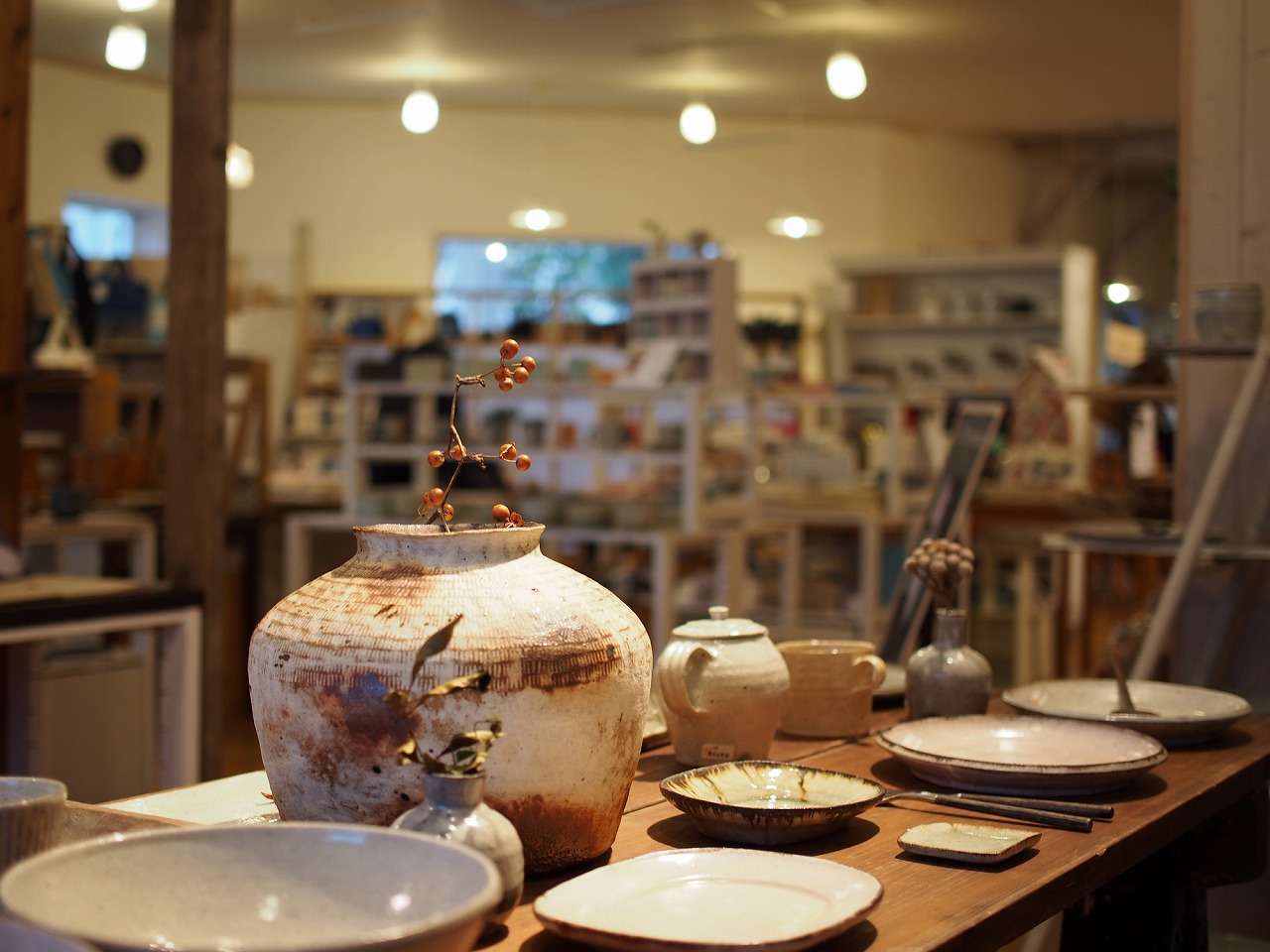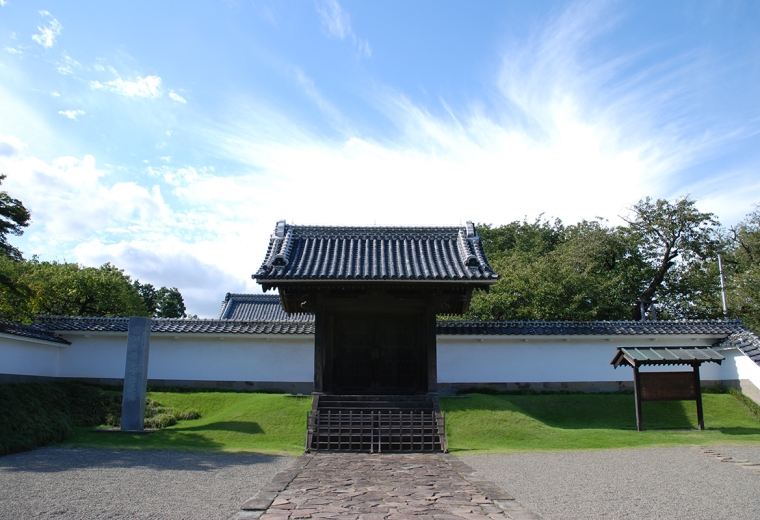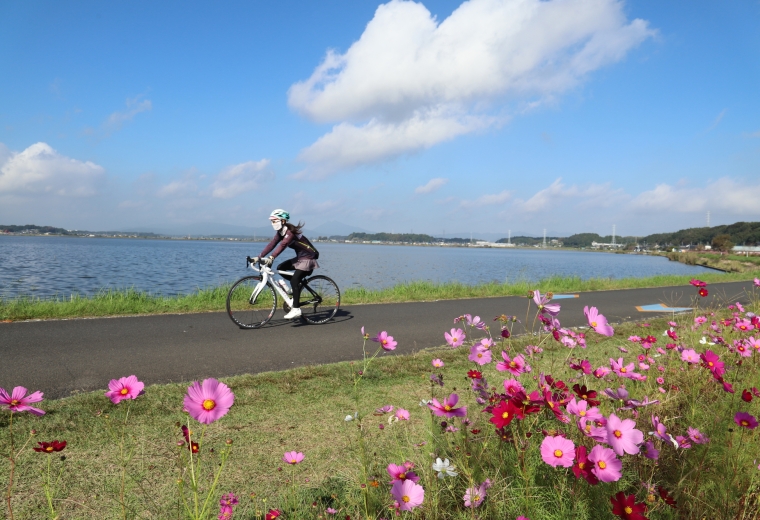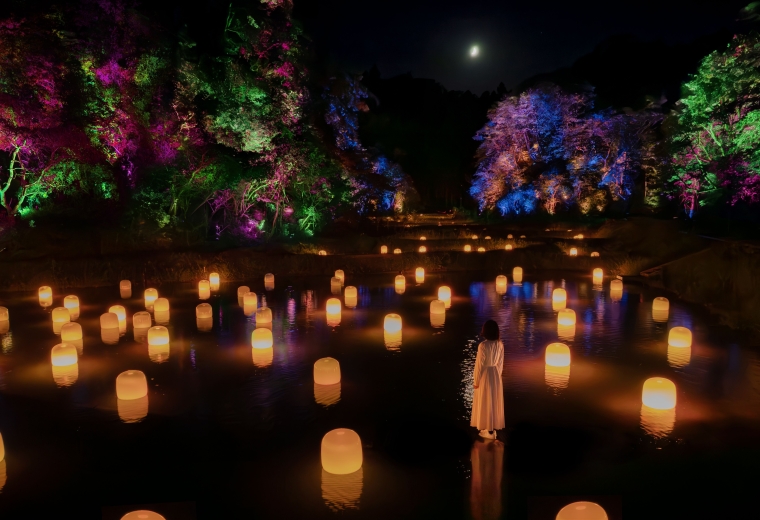A 2-Day, 1-Night Trip to Kasama: Enjoy Pottery and Local Culture
Those interested in pottery and art should visit Kasama City, known for its unique pottery culture, and the Kasama Himatsuri Pottery Festival. Kasama-yaki (pottery) has a long history and is designated as a Japan Heritage. In the following, we will introduce a 2-day/1-night model course that allows you to fully enjoy the local pottery culture as well as attractive local restaurants and eateries, the Kasama Inari Shrine—one of the three major Inari shrines in Japan—museums and parks. A rental bicycle will be used on the first day, with walking and a taxi ride on the second day.
History/Tradition
Sports/Outdoor
Year-Round
2 Days, 1 Night
2024.02.29
Day 1

Tokyo Station
 (Train) 1 hour and 10 minutes
(Train) 1 hour and 10 minutes
Tomobe Station
 (Train) 10 minutes
(Train) 10 minutes
Kasama Station
 (On foot) Immediate
(On foot) Immediate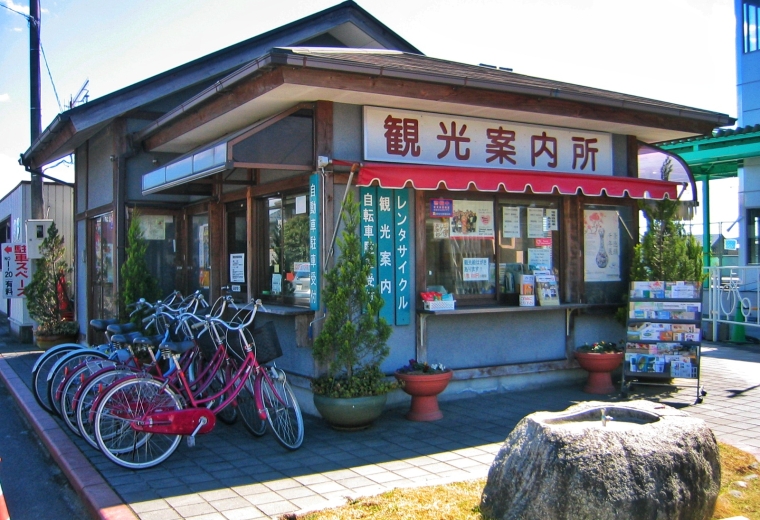
Kasama Ekimae Tourist Information Center, Rental Cycle
The center, located near Kasama Station, provides guidance to visitors while operating as a rental bicycle station. A bicycle is an ideal transportation method for exploring Kasama, and the center…
Read More (Bicycle) About 10 minutes
(Bicycle) About 10 minutes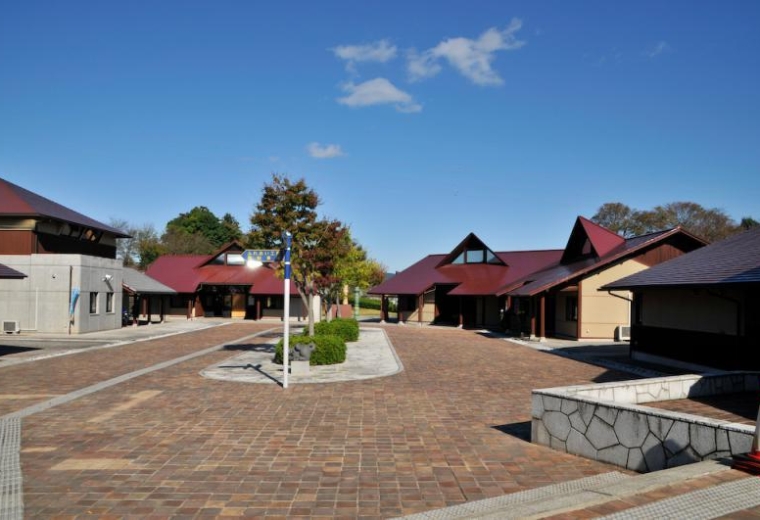
Crafthills Kasama
Kasama City is famous for its thriving pottery tradition throughout Japan. Crafthills Kasama is the ideal place to learn more about the city's pottery, see works by famed local potters, shop for souv…
Read More (Bicycle) Strolling around Craft Hills Kasama
(Bicycle) Strolling around Craft Hills Kasama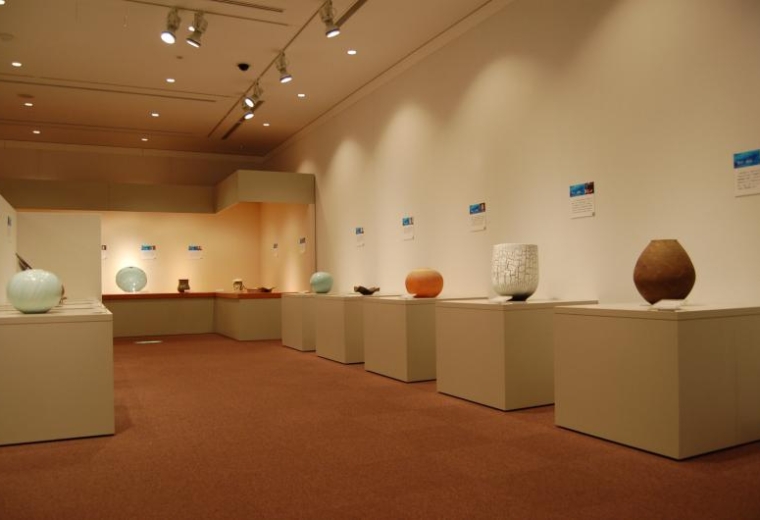
Ibaraki Ceramic Art Museum
This museum was the first in eastern Japan that focused solely on the ceramic arts. Permanent exhibits include works by master Japanese ceramists such as Hazan Itaya and Kosei Matsui. The museum also…
Read More (Bicycle) About 10 minutes
(Bicycle) About 10 minutes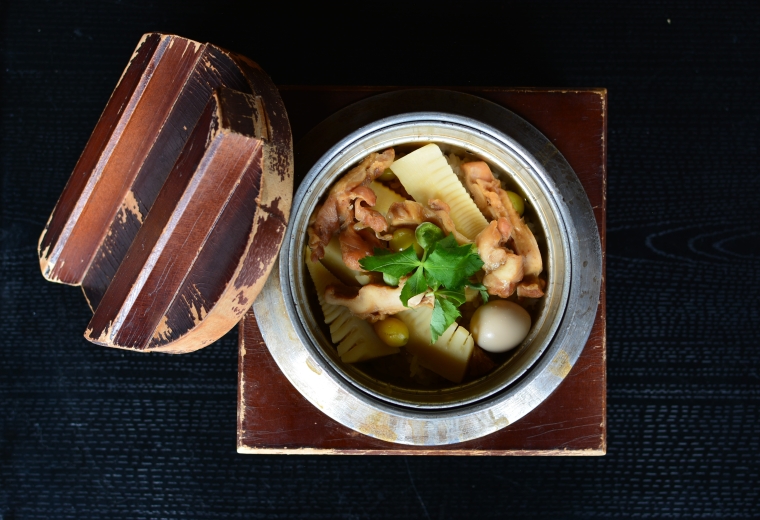
Kamameshi Harada
Harada is a restaurant serving kamameshi, made with fresh high-quality Ibaraki ingredients. This Japanese dish features rice, broth, and other ingredients cooked and served in a pot for one person…
Read More (Bicycle) 3 minutes
(Bicycle) 3 minutes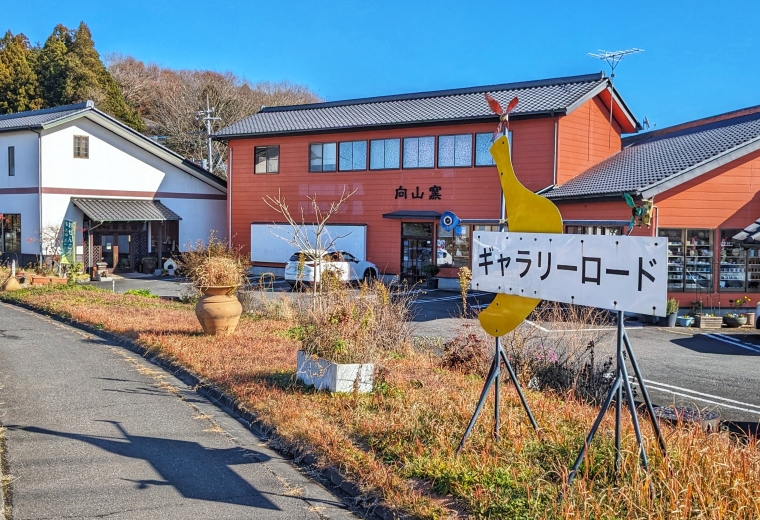
Gallery Road
Gallery Road is a place where you can feel a deep connection between Kasama and artistic crafts. Shops handling Kasama-yaki recognized as a Japan Heritage, are lined up along Gallery Road, which s…
Read More (Bicycle) Strolling
(Bicycle) Strolling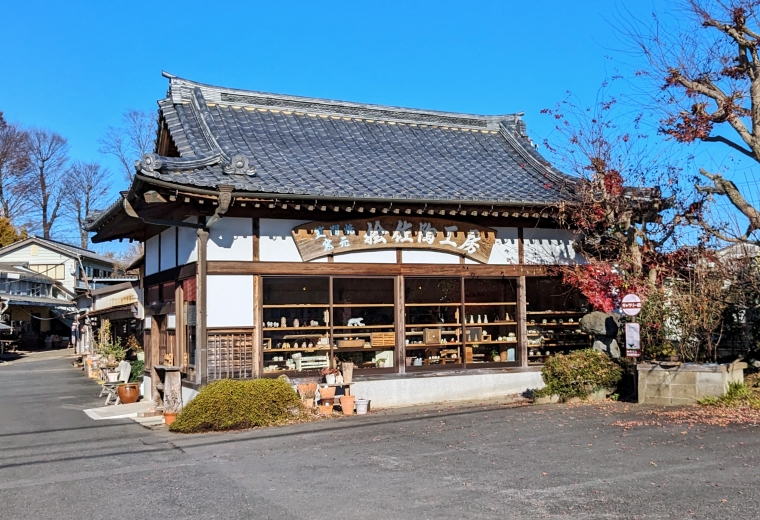
Yakimono Dori (Pottery Street) / To no Komichi (Pottery Lane)
Long-established pottery studios and large-sized wholesale stores are lined up at Kasama Yakimono Dori, a street along National Route 355. The numerous facilities include Katsura Tougei, which specia…
Read More (Bicycle) 3 minutes
(Bicycle) 3 minutes
Kasama Ekimae Tourist Information Center, Rental Cycle
The center, located near Kasama Station, provides guidance to visitors while operating as a rental bicycle station. A bicycle is an ideal transportation method for exploring Kasama, and the center…
Read More (Taxi) 5 minutes
(Taxi) 5 minutes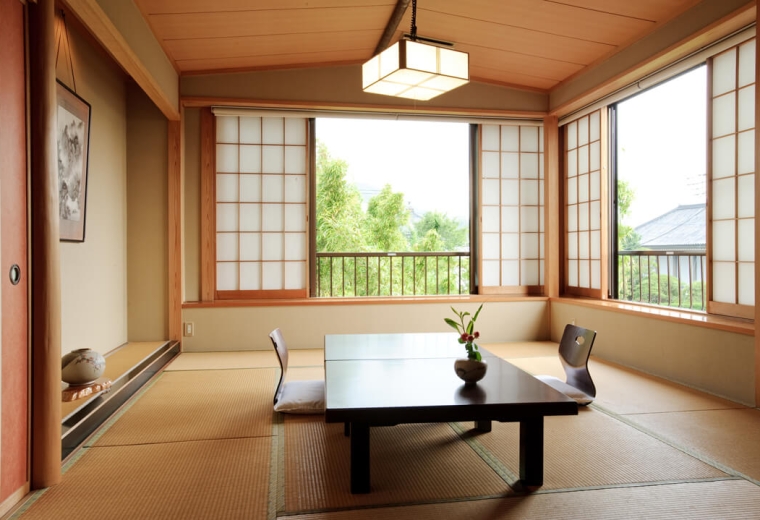
Overnight stay
Kappo Ryokan Shiroyama
Shiroyama, conveniently located near tourist attractions, is a kappo ryokan* renovated from a historic Japanese restaurant. The inn offers a traditional Japanese-style accommodation experience focuse…
Read MoreDay 2

Kappo Ryokan Shiroyama
 (Taxi) 5 minutes
(Taxi) 5 minutes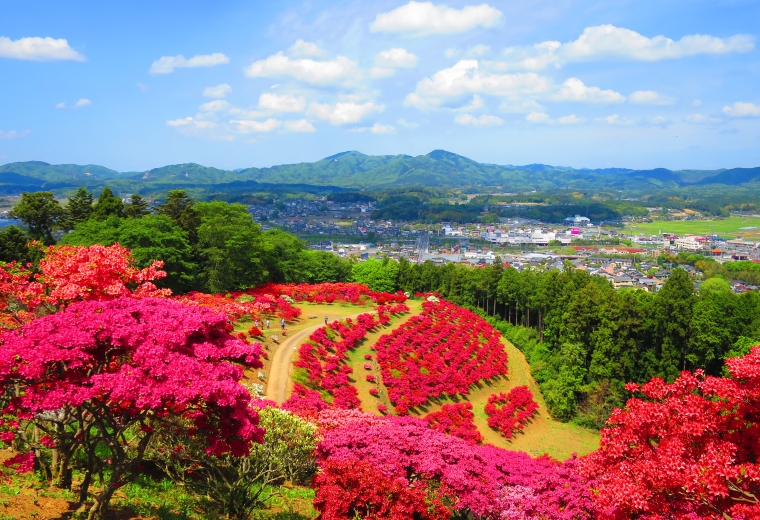
Kasama Azalea Park
Various types of azalea, totaling around 8,500, are planted in this park, which measures 7 hectares and is located on a hill. The best time to visit is from mid-April to early May when the hill is co…
Read More (On foot) 9 minutes
(On foot) 9 minutes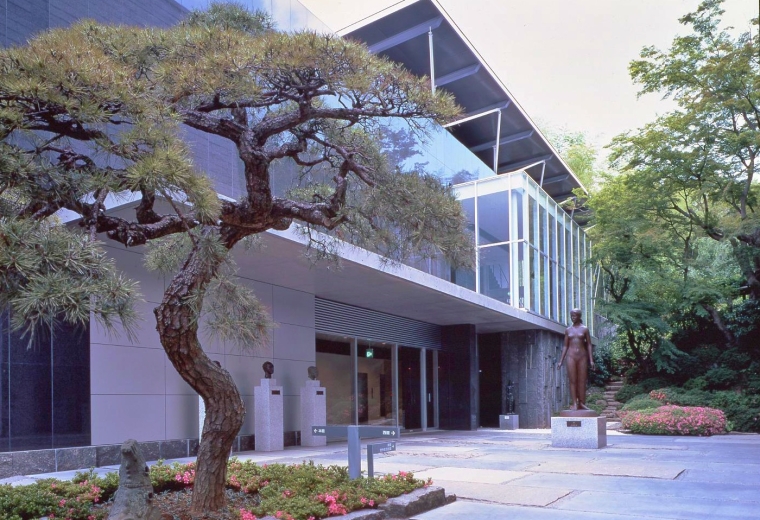
Kasama Nichido Museum of Art
While Kasama is known for its beautiful ceramics, a few museums in the city also exhibit paintings and sculptures. Kasama Nichido Museum of Art opened in 1972 and is one of the foremost institutes. …
Read More (On foot) 7 minutes
(On foot) 7 minutes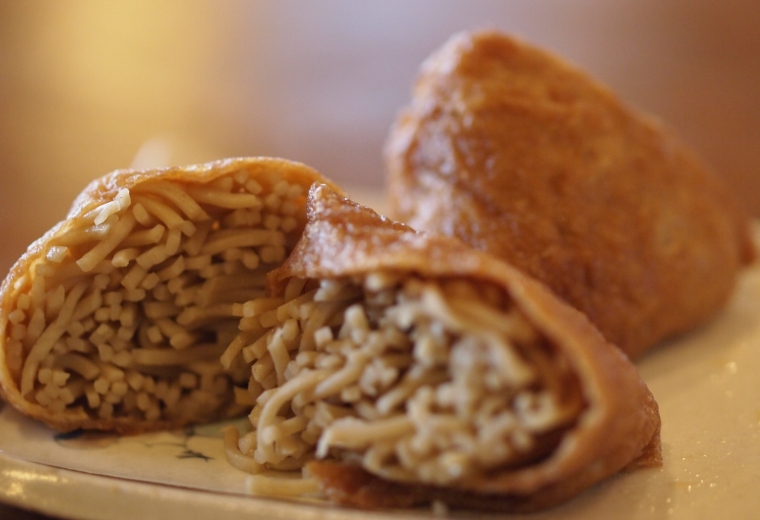
Tanukian Tsutaya
Tanukian Tsutaya, located by the approach to Kasama Inari Shrine, was established in 1876. The restaurant, frequented by locals and tourists, uses Hitachi Akisoba, an Ibaraki buckwheat brand, in maki…
Read More (On foot) Immediate
(On foot) Immediate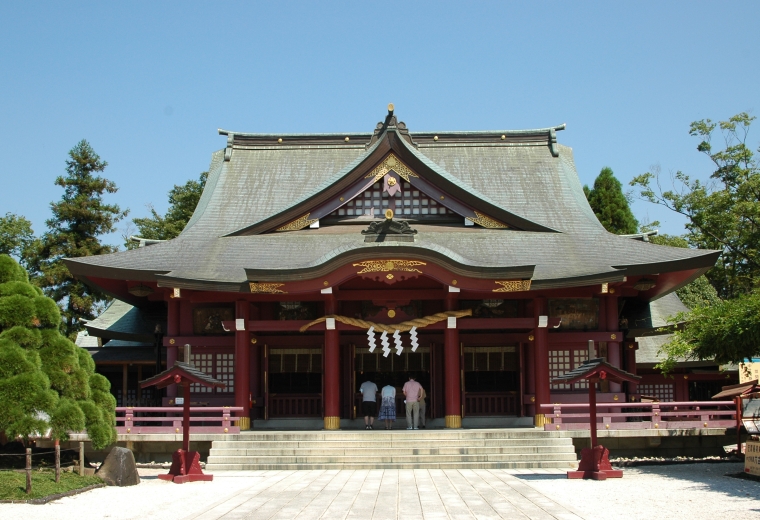
Kasama Inari Shrine
First established in 651, Kasama Inari Shrine is one of Japan's famous Inari shrines, attracting around 3.5 million pilgrims and visitors annually. The sacred site enshrines Ukanomitama-no-Mikoto, kn…
Read More (On foot) Immediate
(On foot) Immediate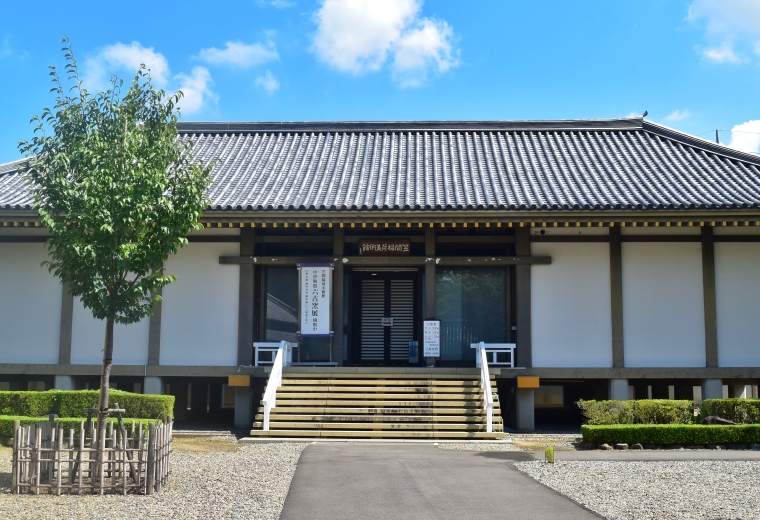
Kasama Inari Art Museum
This museum is the place to learn about the rich history of Japanese pottery. Located on the grounds of Kasama Inari Shrine, the museum displays six styles of ancient pottery in the permanent exhi…
Read More (Taxi) About 15 minutes
(Taxi) About 15 minutes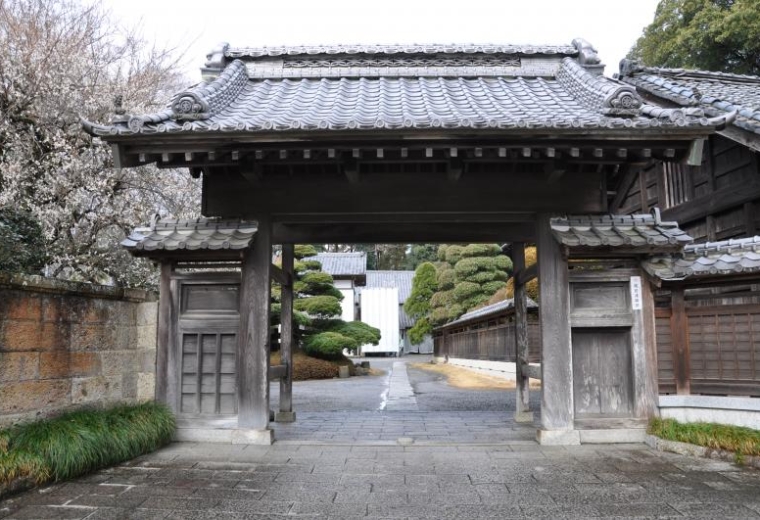
Sudo Honke Brewery
With a history spanning 870 years, Sudo Honke Brewery prides itself on using premium quality rice for its junmai daiginjo blend—the highest grade of sake. All of the rice used is grown locally in Kas…
Read More (Taxi) About 5 minutes
(Taxi) About 5 minutes
Tomobe Station
